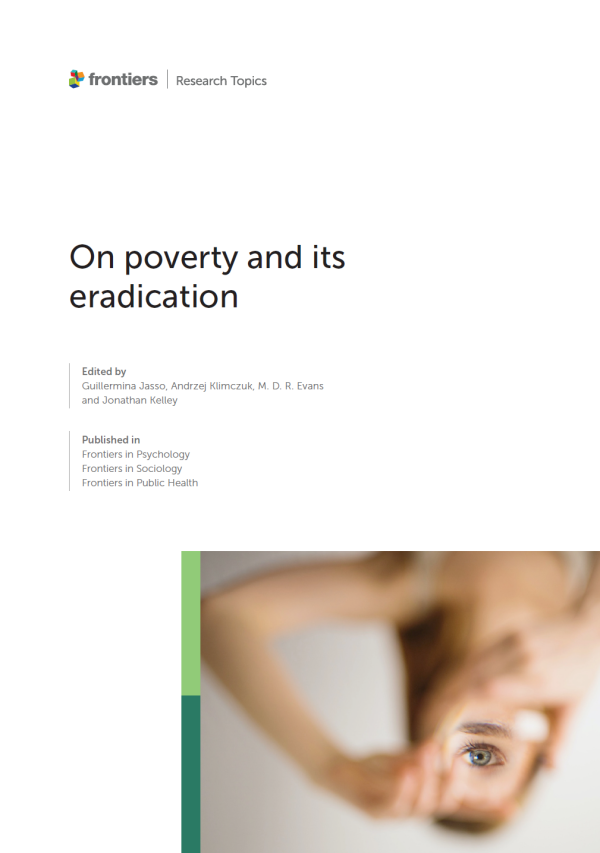


Today the world observes the International Day for the Eradication of Poverty, first commemorated in Paris in 1987 and subsequently receiving official designation by the United Nations. It is a day for renewing commitment to the human project – to enable universal human development, making it possible for all humans to achieve their highest potential – and to reflect on poverty, how it thwarts human development, and how it might disappear. The challenge is not new, but it achieves new urgency as we start to emerge from the COVID-19 pandemic and realize that the damage it caused, to well-being and human development, was deeply intensified by poverty. This volume aims for accelerated growth of knowledge about poverty, its causes and consequences, its links to crises and disasters, its connections to inequality and fairness, the direction and speed of its trajectory in different contexts, and strategies for reducing it and their assessment.
Full volume is available for free in Open Access:

